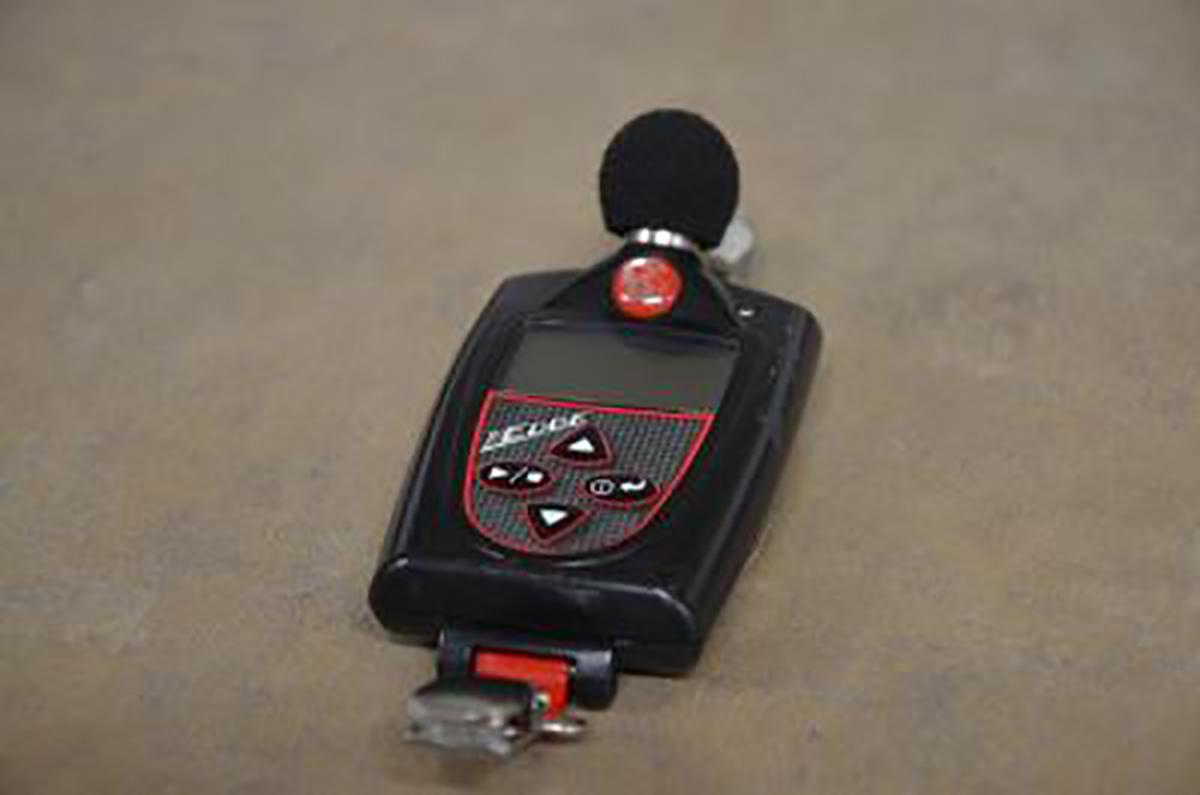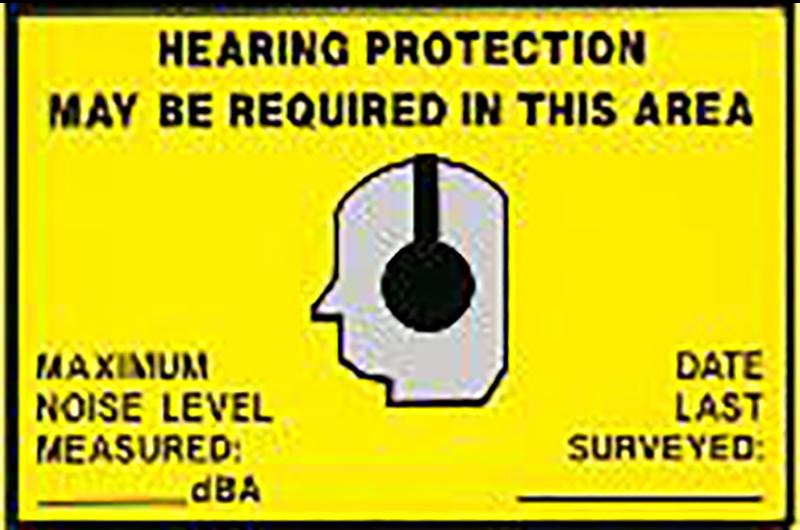Hearing Conservation
Exposure to high levels of noise can cause temporary or permanent damage to hearing. Damaging levels of noise can be caused by a wide variety of sources such as construction equipment, heavy machinery, lawn mowers, weed trimmers, steam generation, concerts, and industrial or agricultural vehicles. The University of Maryland is required to evaluate potential noise exposure and implement precautions to protect affected employees.
The UMD Hearing Conservation Program establishes the procedures to be followed to evaluate, control and monitor noise exposures. Requirements for training, hearing tests and hearing protection are established in this program.
Employees who are exposed to full shift (eight hour) average noise exposures more than 85 decibels must be enrolled into the Noise Exposure Medical Surveillance Program through the University Health Center - Occupational Health. Contact (301) 314-8199 to enroll into the program after excessive noise exposure is demonstrated.

Noise level assessment
Noise level assessment usually starts by measuring noise levels with a Sound Level Meter. If noise levels are shown to exceed 85 decibels, full-shift noise dosimetry is usually conducted utilizing a Metrosonics db3100 dosimeter.
Employees who are exposed to full-shift noise levels more than 85 dB must be provided with hearing protection that will attenuate (reduce) noise levels to 85 dB or below. Hearing protector selection is based on many factors including comfort, type, size, method of use and their tested ability to attenuate actual noise levels. Occupational Safety staff at ESSR must approve the specific type(s) of hearing protection worn by employees.
Training
Employees in the Hearing Conservation Program must receive annual training to understand the risks and methods of protection. Training is provided by ESSR during regularly-scheduled classes or by special arrangement for on-site education.
Noise Dosimetry
Noise dosimetry (monitoring) has been conducted for many occupations at the University of Maryland.
Noise dosimetry has proven that employees working in the following areas must be enrolled into the Hearing Conservation Program:
Facility Management - Grounds
Facility Management - Life Safety
Facility Management - Piped Services
Facility Management - HVAC Zone 3
Facility Management - HVAC Zone 4
Facility Management - HVAC SCUB OPS
Facility Management - HVAC Fume Hood Shop
Facility Management - HVAC MSS (formerly Scheduled Maintenance)
Facility Management - Suez (Central Seam Plant)
Dining Services - Dishwashers in South Campus Dining Commons
Agriculture Experiment Stations
Public Safety

Noise Levels
Noise levels have been assessed in most of the mechanical rooms across campus. Signs are posted at entrances to warn entrants if hearing protection may be necessary.
If new equipment is added to the room, or if older equipment is removed, please notify ESSR of the changes to initiate a new survey of the affected space(s).
More Information
- Personal Protective Equipment Program
- Hearing Conservation Program
- NIOSH Hearing Protector Compendium (database of approved hearing protection)
- OSHA Occupational Noise Exposure Standard (29CFR1910.95)
